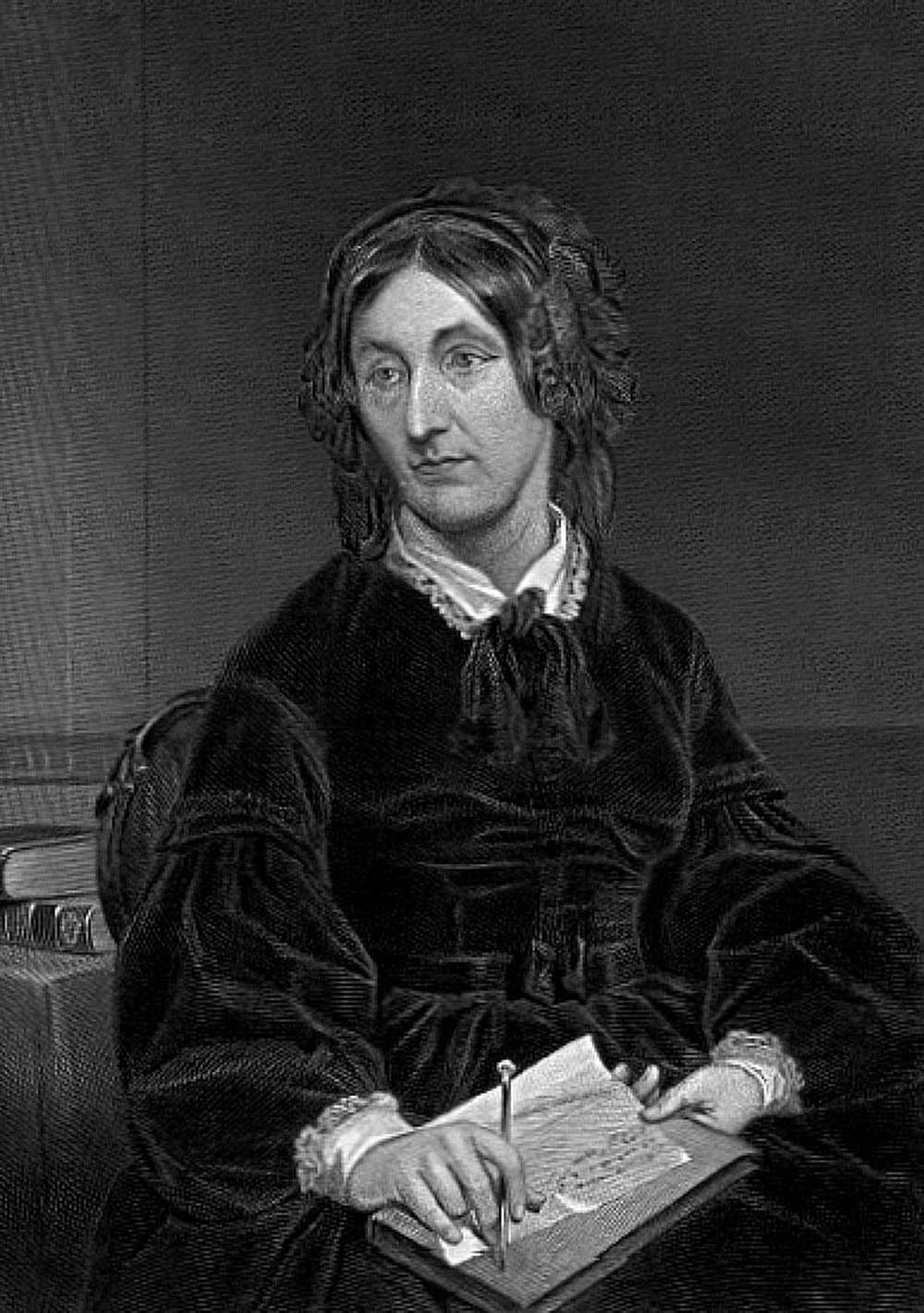A LITTLE-known female Scottish astronomer is beating two giants of science – to get her face on a £10 note.
Mary Somerville was shortlisted alongside James Clerk Maxwell and Thomas Telford for the honour of appearing on an RBS note.
Telford, a civil engineer and architect, became known as “The Colossus of Roads” and Maxwell’s theory of electromagnetism inspired some of Einstein’s greatest work.
But it is Somerville, a humble girl from the Scottish Borders, who is storming ahead in the polls – with twice as many votes as Maxwell and almost eight times as many as Telford.
Maxwell’s name is usually mentioned in science classes, and Telford has an Edinburgh college named after him.
Somerville is less known for her astronomy work, which led to the discovery of Neptune.
However, the current polls show that she has stormed into the lead with 2,522 votes, compared to Maxwell’s 1,293 and Telford’s 320.

The figures have prompted last-ditch attempts from science fans to publicly back their favourites in a bid to even up the score before voting closes on Sunday.
David Ritchie, RBS’s honorary president, said it was time for Maxwell’s brilliance to be properly recognised.
“Maxwell was such a modest man, he didn’t catch the eye, like Einstein or Newton,” he said.
“It took a long time after his death before people realised how much he had changed the world. Everything we depend on nowadays in the electromagnetic sense…comes from him.”
Jonathan Mennie, who studied architecture at Robert Gordon University in Aberdeen, said: “Whilst all three are deserving, Telford in particular, through his engineering works, had a huge impact on communities in the Highlands and other regions through the construction of roads, bridges and canals.”
However Anne Glover, the former chief scientific advisor to the Scottish government, backed the “magnificent” Somerville.
She said: “She had many more obstacles in her way to achieve greatness than did Maxwell, yet she managed to prevail in a man’s world and did a huge amount for science.”
Somerville was born in Jedburgh at the end of the 1700s and went on to become a science writer, studying mathematics and astronomy.
Her work led to the discovery of Neptune, after she wrote about a hypothetical planet orbiting Uranus.
She was also one of the first females to be elected fellow of the Royal Astronomical Society and signed John Stuart Mill’s petition for women’s suffrage in 1868.
If she wins, she will be the first woman other than Queen Elizabeth II to appear on Scottish banknotes in widespread circulation since RBS started printing them in 1727.
The shortlist of three Scottish scientists and innovators was selected from 128 nominees suggested by the public.
Some entrants, including Rab C Nesbitt and Sir Sean Connery, were excluded because they “lacked scientific credentials”.
Nelson Mandela was also excluded because he was not Scottish.

